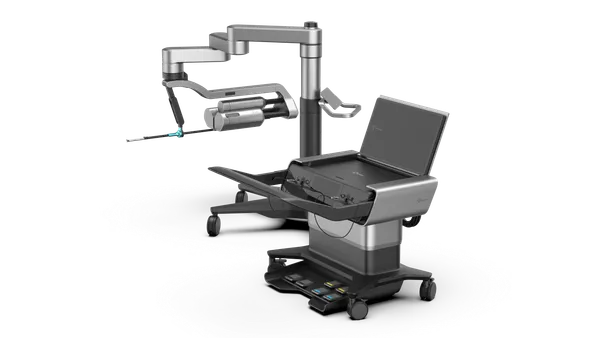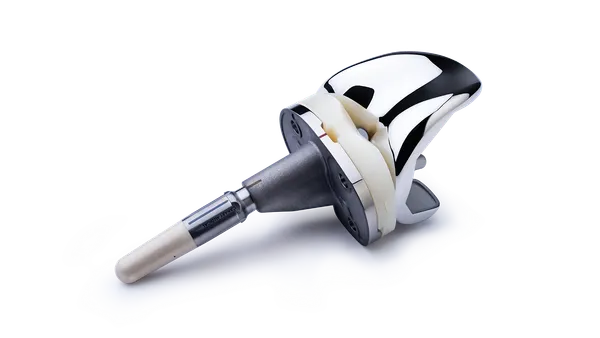Johnson & Johnson failed to capitalize on the pulsed field ablation wave in the first quarter of 2025, despite recently launching its Varipulse device in the U.S.
The healthcare giant on Tuesday reported strong growth for its cardiovascular portfolio — largely due to its recent M&A spree in the space — but electrophysiology sales fell year over year by nearly 2%. Electrophysiology was the only cardiovascular group to decline in the quarter, as sales for the segment overall grew by more than 16% to $2.1 billion.
The decline, which J&J attributed to competition, contrasts with rivals’ early reports: Medtronic touted strong adoption of its PFA device early in its launch, and Boston Scientific’s electrophysiology sales skyrocketed by 138% last year to nearly $2 billion, posting triple-digit growth as early as the second quarter.
PFA systems use non-thermal energy to affect heart tissue that causes atrial fibrillation, or an irregular heartbeat. Devices have only been on the market for a short time, but they are already eating up cryoablation and radiofrequency ablation procedures.
Truist Securities analysts, in a Tuesday note, wrote that J&J missed Wall Street’s sales estimates for electrophysiology by about $50 million, with a miss of about $9 million in the U.S. They added that J&J’s struggles are likely to benefit Boston Scientific and Medtronic given their “sustained head starts in PFA.”
J&J received FDA approval for its Varipulse PFA device in November, trailing Boston Scientific and Medtronic to the market by almost one year. The company paused U.S. cases of Varipulse in January for roughly five weeks and worked with the FDA due to safety concerns. At the time of the pause, Wall Street analysts cautioned that it could discourage physicians from using the device, because rival systems had not been connected to patient safety issues.
In February, RBC Capital Markets analysts said that physicians’ enthusiasm for Varipulse may have been affected by the company’s decision to stop U.S. cases, writing that J&J would have “to take meaningful steps to educate healthcare professionals.” They wrote that the company should still “be able to drive Varipulse adoption.”
J.P. Morgan analysts, in a note after Tuesday’s earnings call, echoed the concerns RBC discussed a few months ago.
“While [U.S.] Varipulse cases resumed in the quarter, we continue to expect the [O.U.S. and U.S.] challenges that Varipulse has had to potentially have a lasting negative impact on physician perception of the safety of the catheter,” the analysts wrote, “especially in light of the several safe alternatives now on the market.”
Despite the early success of Medtronic and Boston Scientific, the J.P. Morgan analysts wrote that J&J’s electrophysiology weakness in the quarter was expected.
Overall, medtech brought in sales of $8.02 billion, representing a 2.5% increase year over year.













